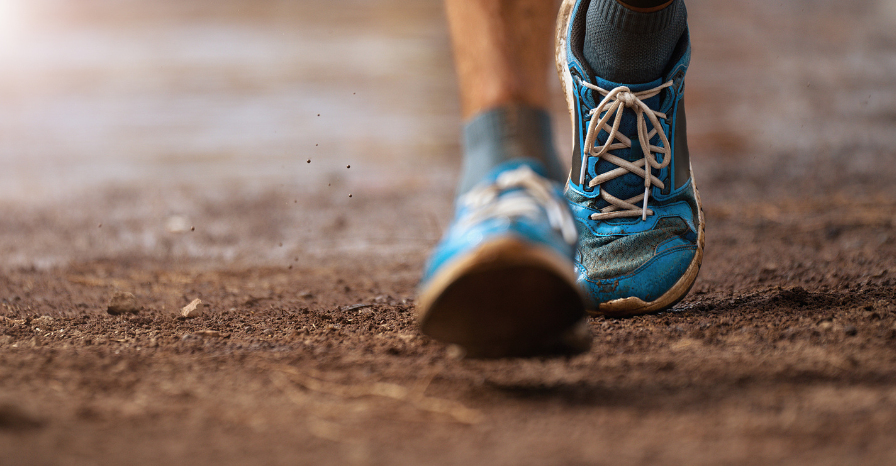
Ways to outrun common running injuries
TRAINING |A running injury can put your training back by several steps. While it is tempting to pack in as many miles in a week as you can, it is equally important to watch out for common injuries resulting from running.
1) Don't overtrain
This applies especially to new runners. While discovering running can be exhilarating, the tendency to overdo it must be avoided at all costs. New runners' bodies aren't yet adapted to the activity, and need time to build endurance and capacity. Every runner should run 3-4 times a week, no more than that. Runners should try and incorporate hill runs, speed training and long runs within these weekly runs to train for various inclines, distances, and surfaces.
2) Avoid unhealthy posture at work and home
Endurance coach and renowned Norrie Williamson says 'Most injuries that we call 'running injuries' occur outside of running'. Running, but not correcting poor posture in everyday life can counter-effect the benefits of running and affect your form. Avoid slumping at work or leaning forward too much at your work desk. Make sure your chair is supportive and that you aren't craning your neck too much to look at the computer screen. Don't sit in your chair continuously. Take a break every couple of hours to walk around the office.
3) Take a day off to recover
No matter how little or lot you run, keep a day aside as 'recovery day'. It is absolutely crucial to let your body recover from the grueling impact it receives when you run. Your mind needs to be rejuvenated too. Without proper recovery, the muscle damage sustained might not get repaired, making you susceptible to even more injury. Remember, it is essential to take recovery nutrition within 45 minutes of finishing your workout. A recovery drink with 4:1 ratio of carbohydrates to protein repairs muscle damage and boosts the production of glycogen and new muscle tissue.
4) Listen to your body
While soreness and fatigue after a run is normal, niggling and persistent pain is not. No matter how small, if a certain area is repeatedly troublesome, don't ignore it. Get it checked out by a sports therapist. It might also be worth getting your gait analyzed, and re-evaluating if your shoe is the right fit for you. Spotting the source of a potential injury early can prevent long-term damage to your training and running career.

